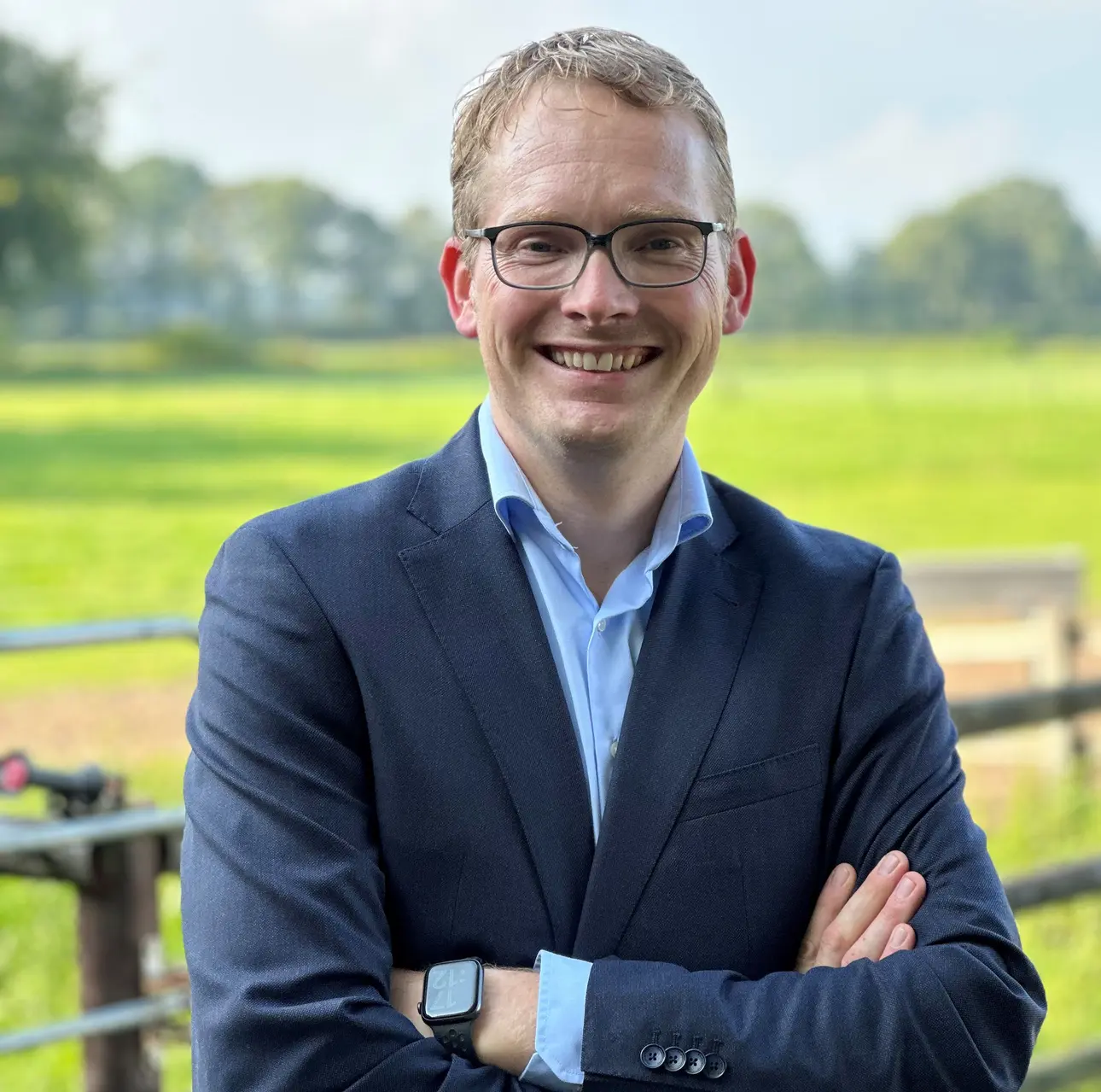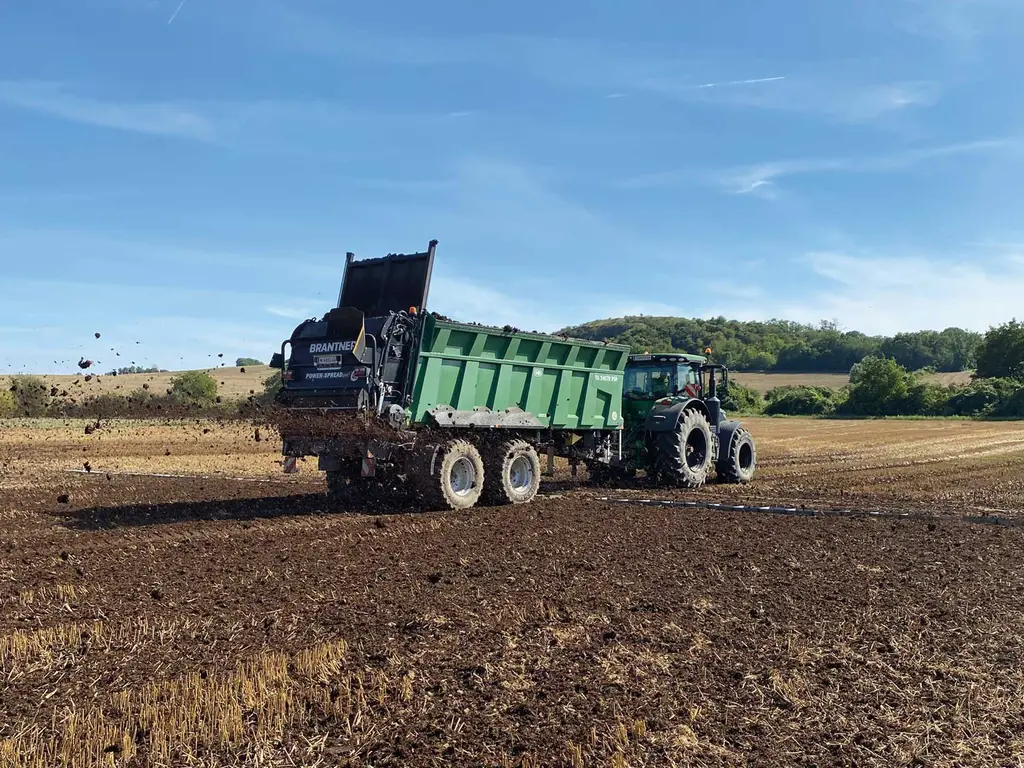Smallholder agriculture characterizes large parts of Asia. In the face of climate change, an ageing rural population and increasing environmental problems, innovative methods in agriculture are gaining in importance. The panel aims to present innovative approaches in the field of bioeconomy in Asia and give an insight into how the exchange between actors and projects is promoted: How can sustainable innovations be identified and evaluated? How can innovations be disseminated in agricultural practice and in the value and supply chains? What financing options need to be developed and what political and institutional conditions need to be in place? The focus will be on funding approaches for sustainable agriculture and technological innovations that offer solutions in the field of bioeconomy. Representatives from Thailand and India will present their successful projects. The focus will be on practical solutions for sustainable development through agroecological and regenerative approaches, in particular for climate adaptation and emission reduction in rice cultivation, as well as technical and organizational innovations. The projects, some of which are funded by the BMEL, aim to strengthen innovation networks, among other things. In Thailand, knowledge networks and investment vehicles for sustainable innovations are being established; in India, techniques for regenerative agriculture are taught in demonstration farms.
Panelists:
Prof Dr. Narumon Pinyosinwat, Minister of Agriculture and Cooperative, Thailand
Ms Sarah Talea Kretschmer, innovation expert in the BMEL cooperation project ‘Innovation networks for sustainable agriculture in Thailand’
Dr Gérardine Mukeshimana, Vice President of IFAD, Rome, Italy
Ms Helga Flores Trejo, Special Envoy Multilateral Affairs Sustainability, BAYER AG, Washington, USA
Moderation: Project manager, giz
Key questions to be explored during the panel include:
- How can sustainable innovations in agriculture be identified and effectively evaluated?
- What strategies ensure the successful dissemination of these innovations across practices and value chains?
- What financing mechanisms and policy frameworks are needed to support these advancements?
Contact:
Stefan Zwoll, Managing director GFFA Berlin e.V., S.Zwoll@DLG.org
- More details you will find at the GFFA Homepage

GFFA Berlin e.V. - The Global Forum for Food and Agriculture Berlin e.V. was established by the German agriculture and food industry to promote sustainable strategies for global food security and use of the natural resources.
We work in close contact with the Federal Ministry of Food and Agriculture Germany (BMEL).
Objectives of our organisation:
- Creation of an internationally acknowledged discussion platform on agriculture and food policy, for policy-makers, trade and industry and the scientific community
- Reinforcing of international political, economic and scientific co-operation in the agriculture and food sectors
- Improvements to the status of the agriculture and food sectors in an economic and social context
- Promoting of major developments in economic policy in the agriculture and food sectors
- Providing information to producers and consumers on sustainable production and use of food
- Promotion of development co-operation, particularly with emerging and developing economies, in the agriculture and food sectors











